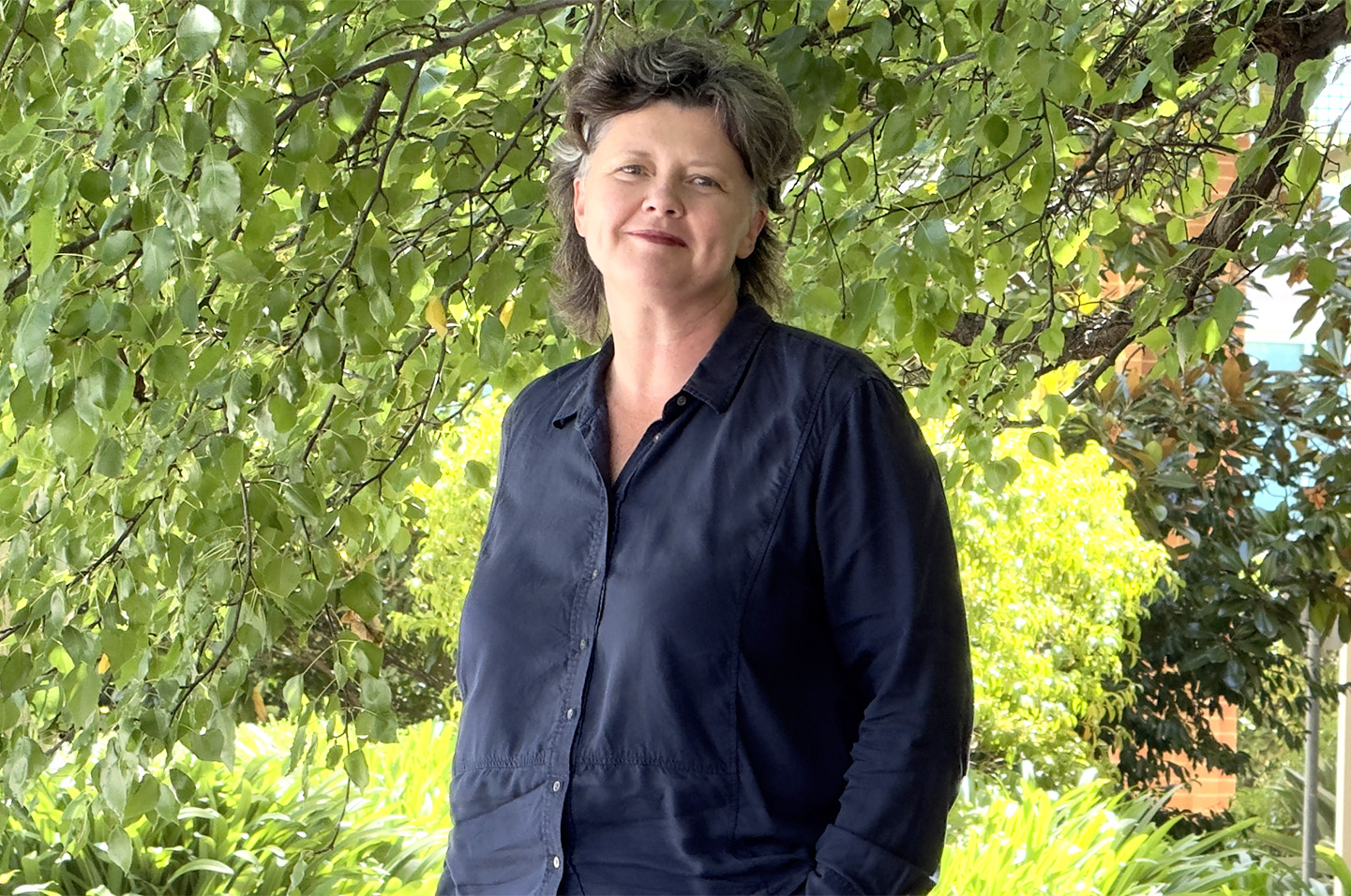
ALGA News sat down with Australian Library & Information Association (ALIA) CEO Cathie Warburton to discuss how libraries are stepping up to support communities during the cost-of-living crisis. Ms Warburton highlighted how public libraries, especially run by councils, are helping to improve the liveability of communities by providing essential services to vulnerable people and families.
ALGA: We know many communities are struggling with the cost-of-living crisis in Australia. How are libraries, particularly those run by local governments, stepping up to provide essential services to help vulnerable people?
Cathie Warburton (CW): A core value of ALIA, and all libraries, is to promote free access to information for all and to show respect for the diversity and individuality of all people. Libraries are there to help vulnerable people and that resource is becoming increasingly important to the community.
Most importantly, public libraries provide a safe place to work, study or relax, which is air-conditioned. They also provide books, movies, magazines, free internet access and use of computers and are increasingly providing guidance on accessing government services.
Libraries welcome everyone and respond to community need in times of stress. This includes membership for those people who don’t have a fixed address, a place of refuge during natural disasters, assistance applying for jobs or finding accommodation and simply being a place to connect with other people and participate in the community.
ALGA: Can you share some of the interesting examples and community-based initiatives libraires are now offering, especially in regional areas?
CW: Public libraries are offering a huge array of public activities including movie nights, exercise classes, book clubs, school holiday programs, mobile library services, hobbies expos and multi-media recording studios. As well as books, a number of libraries are lending tablets, toys, home energy kits or tools. Seed libraries are also popular in the regions.
ALGA: Libraries are also becoming increasingly important as a focal point and place of refuge for local communities. How are council-run libraries addressing this extra demand and coping with added pressures?
CW: Council-run libraries are responding to extra demand by providing greater access through extended opening hours, click and collect book lockers or access out of hours for registered members. Some libraries have employed a social worker to support library users or in some cases to be a resource for library staff.
Libraries are a hub for the community, and they do not operate in isolation. Strategic and community partnerships with other organisations and services are essential for libraries to respond to community needs. Libraries can also belong to an ecosystem of care that supports and responds to individual needs of library visitors with high social service needs.
ALGA: We recently called on the Federal Government to provide extra funding for Australia’s 537 councils so they can be more financially sustainable, does ALIA support this move and why?
CW: ALIA supports ALGA in this call for extra funding from the Federal Government. Council-run libraries are responding to increased demands from the community. Some of this is in response to the cost-of-living crisis but increased demand is also the result of a number of Federal Government services only being available online. Digital exclusion is real and council-run libraries bridge the digital divide by helping people access services and entitlements online.
ALGA: Finally, ALIA is hosting a national conference in May this year in Adelaide. What can people, including those in local government, expect from this major event?
The conference is being held from 6-9 May in Adelaide. The theme is “Truth AND Dare” with four sub themes – Daring Greatly Striving Valiantly; Forging Future Libraries; From Inclusion to Belonging; and Raising Voices.
We are very excited to have the President of ALGA, Cr Linda Scott, as a keynote speaker at the event. Issues being discussed in other sessions of interest to local government are book challenges, supporting vulnerable members of the community and equitable access to services for those with a disability. An emerging area for libraries is social prescribing where public libraries partner with health service providers and care agencies to offer support through library services which focus on the whole person and their wellness as opposed to their illness or condition.


